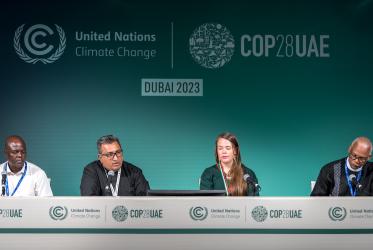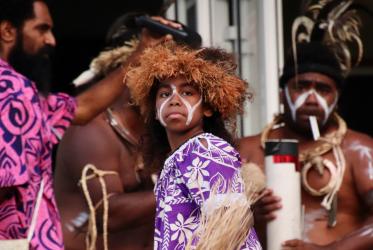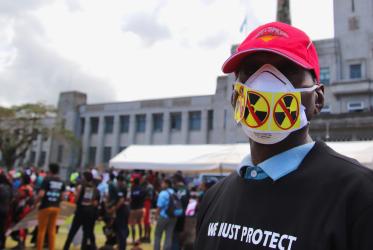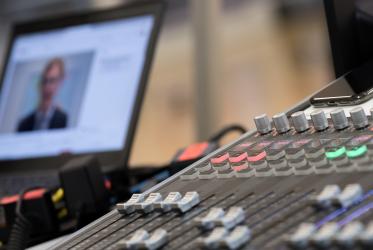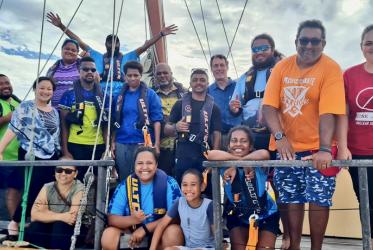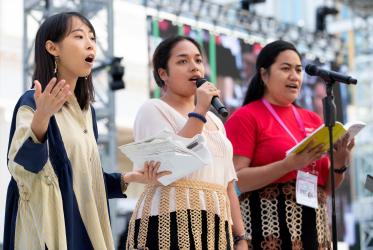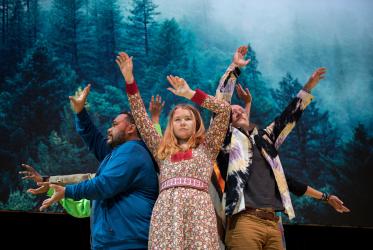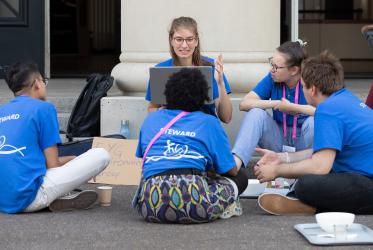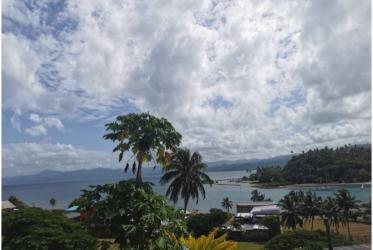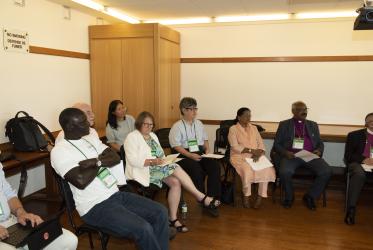Displaying 1 - 20 of 206
21 December 2023
Faith communities advocate for a just transition at COP28 side event
09 December 2023
Pacific churches call for Japan to halt wastewater dump
29 August 2023
Dear future steward
08 September 2022
Harmonies of unity: Wednesday morning prayers
07 September 2022
Youth organize for climate justice
01 September 2022
